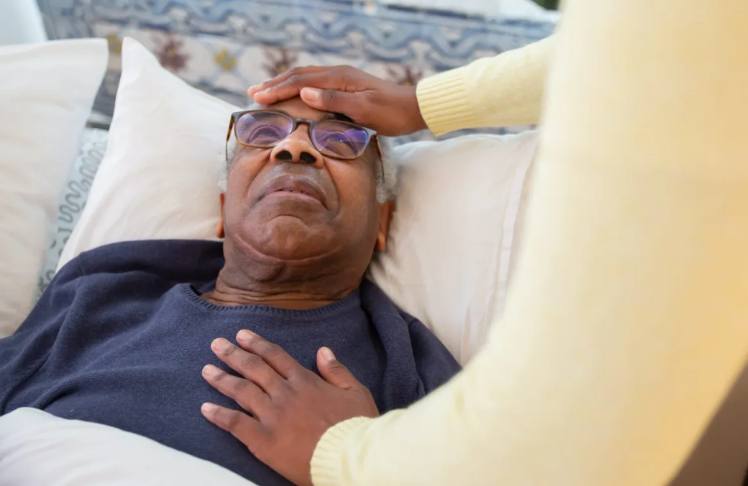
The purpose of surgery is to solve an otherwise daunting medical issue — but that only works if the patient survives. While most people live well past their procedures, a recent study found that older Black men have a higher chance of dying within 30 days.
The study by the University of California, Los Angeles (UCLA) reveals that older Black men are 50% more likely than white men to die after elective surgery — non-emergency operations scheduled in advance.
The researchers examined Medicare data from 2016 to 2018 for nearly 1.9 million Black and white beneficiaries ages 65 to 99. These people had undergone one of eight common surgeries: abdominal aortic repair, appendectomy, cholecystectomy, colectomy, coronary artery bypass, hip replacement, knee replacement, and lung resection.
“These findings highlight the need to understand better the unique challenges Black men who require surgery face in the US,” the authors wrote.
Compared to Black men, who had a mortality rate of about 3.05% for elective and emergency surgeries, white men were dying at 2.69%, white women at 2.18%, and Black women at 0.82%.
For elective surgeries specifically, Black men had a death rate of 1.30%, versus 0.85% for white men, 0.82% for white women, and 0.79% for Black women. The disparity between Black and white men began as early as seven days after surgery and lasted up to 60 days.
The team suggested that structural racism is contributing to these outcomes. Black neighborhoods, for example, often lack high-quality healthcare resources, such as specialists and up-to-date diagnostic imaging studies and tests.
As a consequence, Black male patients may be undertreated for conditions such as hypertension and diabetes prior to elective surgery, which increases the risk for poor outcomes.
“These differences in neighborhood, home environment, and community resources may make it more challenging for Black patients, on average, to recover at home and to make postoperative clinical visits,” the authors wrote.
The harms of racism don’t stop there, according to Dr. Dan Ly, a study lead and assistant professor of medicine at the David Geffen School of Medicine at UCLA.
“Our findings point to possibilities such as poorer pre-optimization of co-morbidities prior to surgery, delays of care due to structural racism and physician bias, and worse stress and its associated physical burden on Black men in the United States,” he said in a statement.
Black men are dying prematurely, whether surgery-related or not. The group has a life expectancy of 72 years at birth, compared to white men, who are expected to live to 81-years-old, according to the Centers for Disease Control and Prevention.
The life potential of Black males — who are more likely to be unemployed and incarcerated than white males — is capped due to a lack of access to resources and other reasons.
The authors find this concerning.
“Our finding that Black men experience a higher surgical mortality compared with other subgroups of race and sex is troubling, and is also seen with shorter life expectancy among Black men more generally.”















